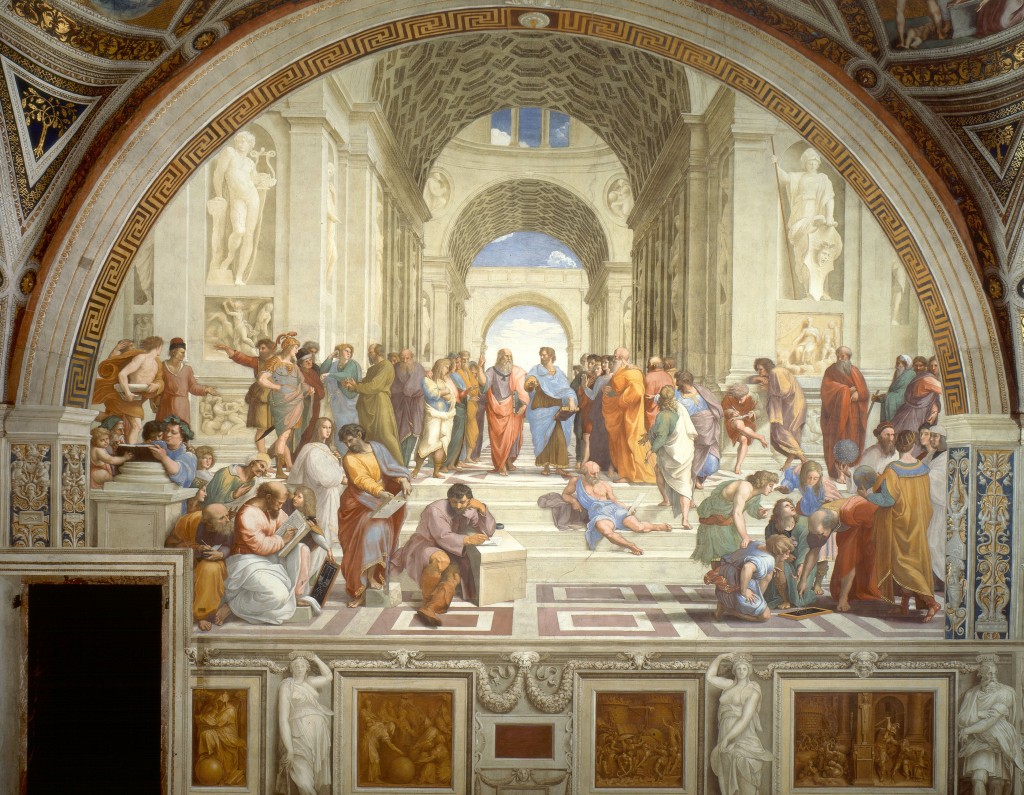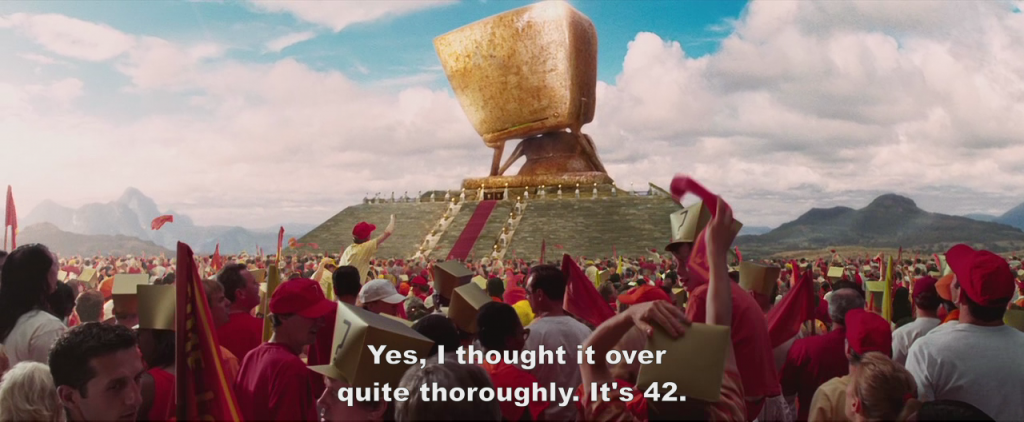Hello fellow non-scientists of SC200, my name is Pedro, and I bid you welcome. Welcome to the world of science, a world most of you won’t deliberately delve into ever again after this semester, a world of magnificent mechanics and intriguing mysteries that the common, everyday man dislikes because it is not accessible to the majority of people. Yes, it is a sad state of affairs for science, a fascinating universe of the most fantastic possibilities, yet poorly understood by many and therefore not looked up to. But it isn’t just scientists that can be interested in science.
Science as we’d call it began a thousand-odd years ago in Greece not as a field of study, but as a mere branch of philosophy aiming to explain and contemplate the natural phenomena surrounding our little human lives. Scientists were not the first to do science, philosophers were. It came to be when men started wondering where we come from, and where we are headed. What happens in the skies when lightning lights up the night, what makes a river flow, what is life, what are we. Curiosity, that’s the true mother of science.
Curiosity is wondering what goes on in the backstage of the Universe. It is questioning the way things are instead of accepting them without giving them any thought. It is looking beyond what is visible. That is the root of science, an art developed throughout the centuries to explain why everything is the way it is. From Latin scientia, science means conscience, as in, to be conscious about what goes on around us.
A question such as “what is the meaning of life?”, for example, can have many answers. Those can be “to serve God’s will”, “to be a good person and help others”, or even “42”. What matters is that every human being craves conscience about life. We want to know what is there after death, we want to know who or what created us, we want to know if the world is going to end tomorrow or in a hundred trillion years. We are humans, and we want, nay, we need, to be conscious. We need science.
And here we are, in college, aspiring to be knowledgeable enough that we will surpass others and succeed in life. Humans are not special because we are intelligent. Apes have memories far superior to ours, crows have known about the mechanics of water volume before Archimedes figured it out himself, and parrots can replicate hundreds of words in various languages. What makes Man unique is our will to seek out knowledge for the sake of it. Humans are hungry for answers.
In a way, we are all scientists, even if we don’t do research, or have a degree in astronomy or microbiology or anything of the sort. We need answers, and that only makes us human. Even though my major is History, I recognise science as a fundamental facet of human wisdom, that if explained well, can fascinate even the most indifferent student. It fascinates me, and I’m sure that, with enough effort, it will fascinate you too. I hope you all have an amazing semester and expand your horizons beyond you ever imagined they could go. Best of luck to us all, and remember, keep doubting.



Your post reminded me of something I learned in 3rd grade. My teacher made us draw a picture of a famous mathematician and briefly explain why they were a mathematician. I can’t remember all the details, but the gist of it was that we are all mathematicians because we use math everyday whether we realize it or not. Science is no different. Our curiosity implores us to answer unanswered questions and therefore everyday, in the simplest of actions, we are scientists. I agree with your post and also love the Ancient Greeks and the work of Douglas Adams. To that end I would recommend reading Dirk Gently’s Holistic Detective Agency, a wonderful book by Adams that is just as humorous and clever as the Hitchhikers Guide.
And because this site is stupid here is the link to the wikipedia page. Dirk Gently’s Holistic Detective Agency